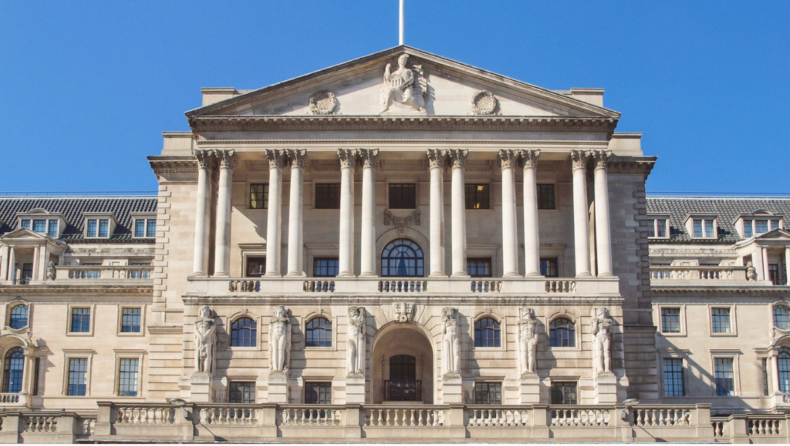On Thursday, the Bank of England is likely to hike interest rates by the largest since 1995 in an effort to prevent a jump in inflation from becoming ingrained in Britain’s economy.
Even though there is a growing likelihood of a recession, the Bank of England is likely to increase interest rates by the greatest amount since 1995 on Thursday. This will be done in an effort to prevent a jump in inflation from getting ingrained in the British economy.
When the Bank of England (BoE) announces its decision at 1100 GMT, most investors and economists anticipate that it will decide to raise its benchmark rate by a half of a percentage point to 1.75 percent. This would be the rate’s highest level since late 2008, when it was near the beginning of the global financial crisis.
Why and by how much did the BoE increase the interest rates?
As a result of Russia’s invasion of Ukraine and the post-pandemic strains placed on the global economy, the primary inflation rate in the United Kingdom has increased to 9.4 percent. According to a think tank called the Resolution Foundation, this rate could reach 15 percent in the early stages of 2024.
The BoE has already increased borrowing prices five times since December. It stated in June that it would take decisive action if inflationary pressures intensified. Since then, public inflation expectations and corporate pricing strategies have moderated, providing the Monetary Policy Committee with an argument for maintaining its quarter-point rate adjustments.
US Federal reserve, ECB and Bank of England rate hikes
After large rate hikes by the U.S. Federal Reserve, the European Central Bank, and other central banks, the value of the pound has weakened, which could add to inflationary pressures on Governor Andrew Bailey and his colleagues.

Predictions & opinions made regarding the BoE interest rate increase
ING economist James Smith stated the following regarding the rate increase. “We know they’re concerned about the pound, and they don’t want to be the only country not to join the 50-basis-point club.”
More than 70 percent of 65 economists surveyed by Reuters and published on Monday anticipated a half-point increase.
On top of everything else, the leading candidate for Britain’s next prime minister, Liz Truss, has questioned the Bank of England’s inflation-fighting record.
Impact of Bank of England’s hike on inflation & economy
The global economy is showing increasing signs of slowdown, core inflation has declined, and the central bank’s updated projections for the next two to three years are likely to show inflation falling dramatically.
In its most recent predictions released in May, the Bank of England predicted that the British economy will barely expand before 2025.
The BoE might lower its 844-billion-pound gilt holdings by 50 to 100 billion pounds over the course of one year.
Read more: US Federal reserve to raise rates as economic slowdown worsens













